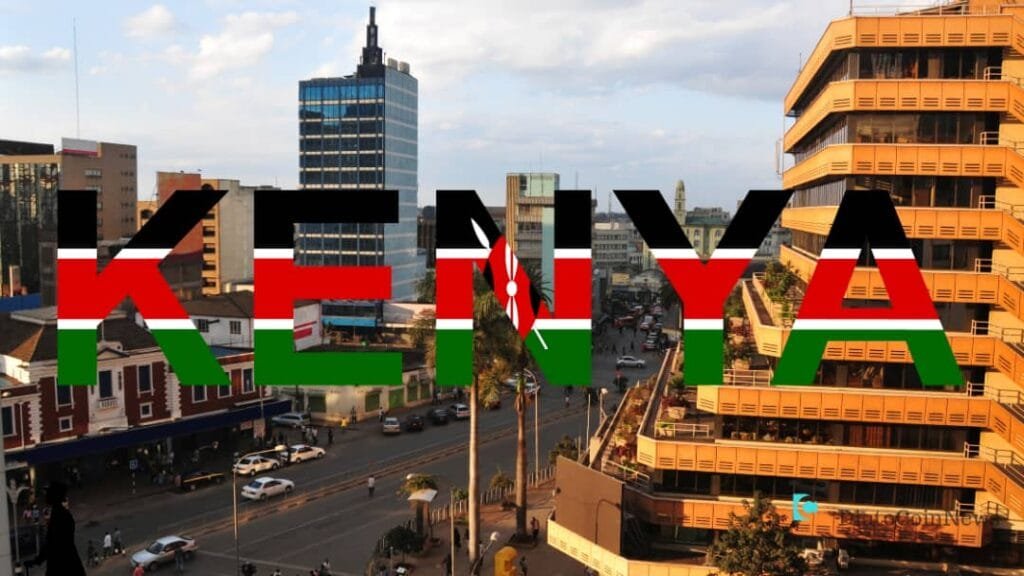Conventional banks appear to be losing customers to financial technology companies (Fintechs). There is an increase in the number of quick loan service and other financial services exclusive to traditional banks now being offered by Financial technology companies like Carbon.
The latest Industry Statistics Data from the Nigerian Interbank Settlement System (NIBSS) shows that the number of current accounts went down from 25.28 million at the end of December 2019 to 25.27 million accounts in January 2020.
These records shows 0.04 percent, month-month (MoM) decline when compared with 25.28 million recorded at the end of December 2019.
The NIBSS reports shows that the declining trend in the number of current account continued in January 2020 with bank customers closing 10,000 accounts during the month.
Earlier report by NIBSS shows that the banking industry has lost 4.51 million current accounts in two months. Month-on-Month report from NIBBS shows 15 percent decline from 29.8 million in November 2019 to 25.8 million in December 2019.
Moreover, from the GTBank Economic Outlook for 2020, Guarantee Trust Bank Plc, GTB, a leading commercial bank in Nigeria states:
“As regulation hinders robust earnings, non-bank competitors have continued to further deplete the already challenged earnings of commercial banks using asset-light technology to offer customers a bouquet of financial services across payment, lending and investment options.
Put differently, the earnings of banks have come under pressure in the wake of licensed payment service banks (PSBs) and super-agents. In addition, the increase in fintechs and digital banks have also seen banks’ earnings take a blow”
Recently, GTB sent email to its customers saying; “We are pleased to inform you that the interest rate on QuickCredit is now 1.33 percent monthly. This means that the effective interest rate on QuickCredit is now 16 percent per annum.”
This new rate on GTBank’s quickcredit is cheaper to the previous 1.7 percent monthly charge encouraging customers to borrow more money with a reduced interest rate.
Moreover, Ebenezer Onyeagwu, CEO of Zenith Bank Plc recently notes that Zenith bank will start collaborating with Fintech companies in Nigeria to drive digital payment solutions and financial products to its customers focusing on digital banking and retail banking.
“We are also looking at some integration with various fintech companies depending on what services you have. Sometimes we are collaborating with fintech companies to drive payment on different platforms. In some cases, too, we are churning out new products just to create confidence for our customers.”
Microfinance banks (Mfbs) have joined the race as they now offer quick loans with interest rates as low as 4.0 percent per month. The loan comes mostly to salary earners within 24 hours but with the submission of relevant documents.
While some prefer using bank apps to access loan, some other customers prefer using Fintech to pay for bills, process mobile phone topups, transfer money and process other utility bills.
“I prefer using my gtbank mobile banking app to process any banking transactions and access loans conveniently and safe. Because you know if there is any problem I can walk into a branch of my bank to resolve it.”
Mr. Ogbodo Chibuzor, a bank customer, also notes that he prefers using Fintechs for buying recharge cards and processing online payments most times.
“I use Fintechs to pay my bills, transfer money and buy airtime. I don’t usually use it to request loans because I have heard too many bad reviews about them. Though I use carbon payments but I haven’t used it to request loans before.”
Moreover, Fintech platforms like Aella Credit is expanding it’s quick loan service in Nigeria and Africa through its new product Creditcoin which will be using cryptocurrencies to process quick loans to its customers in Nigeria.
Discover more from DiutoCoinNews
Subscribe to get the latest posts sent to your email.










![An Exclusive Interview [Q&A] with Founder & CEO, Dan Holdings of Blockfinex, Telechat and CoinsApp, Danny Oyekan.](https://diutocoinnews.com/wp-content/uploads/2020/03/20200309_090348_0000_compress48-150x150.jpg)


